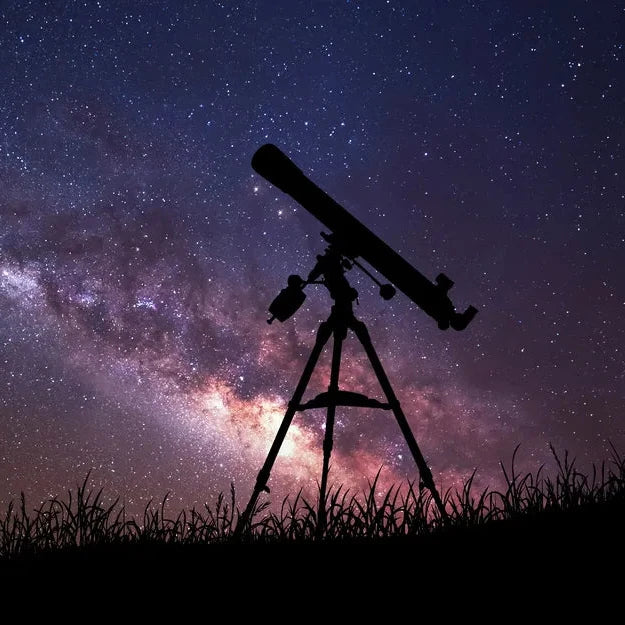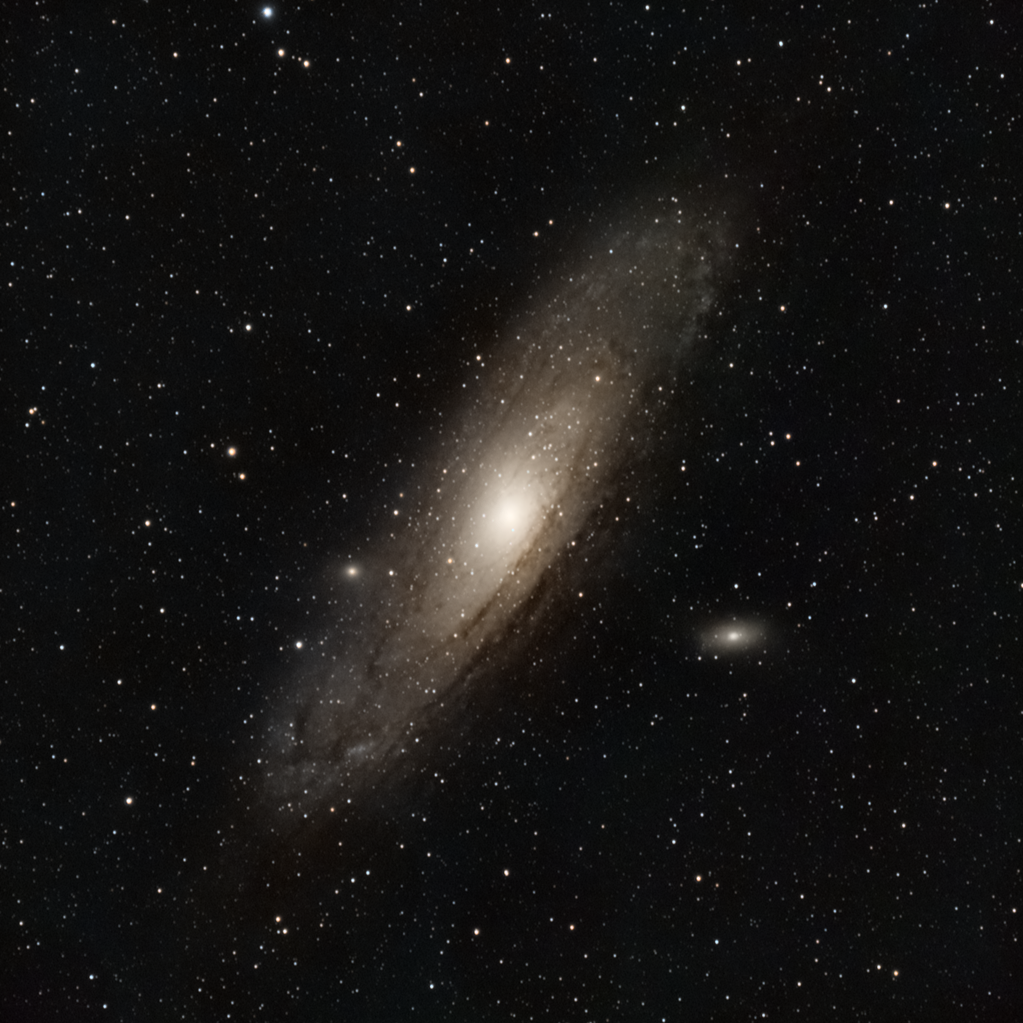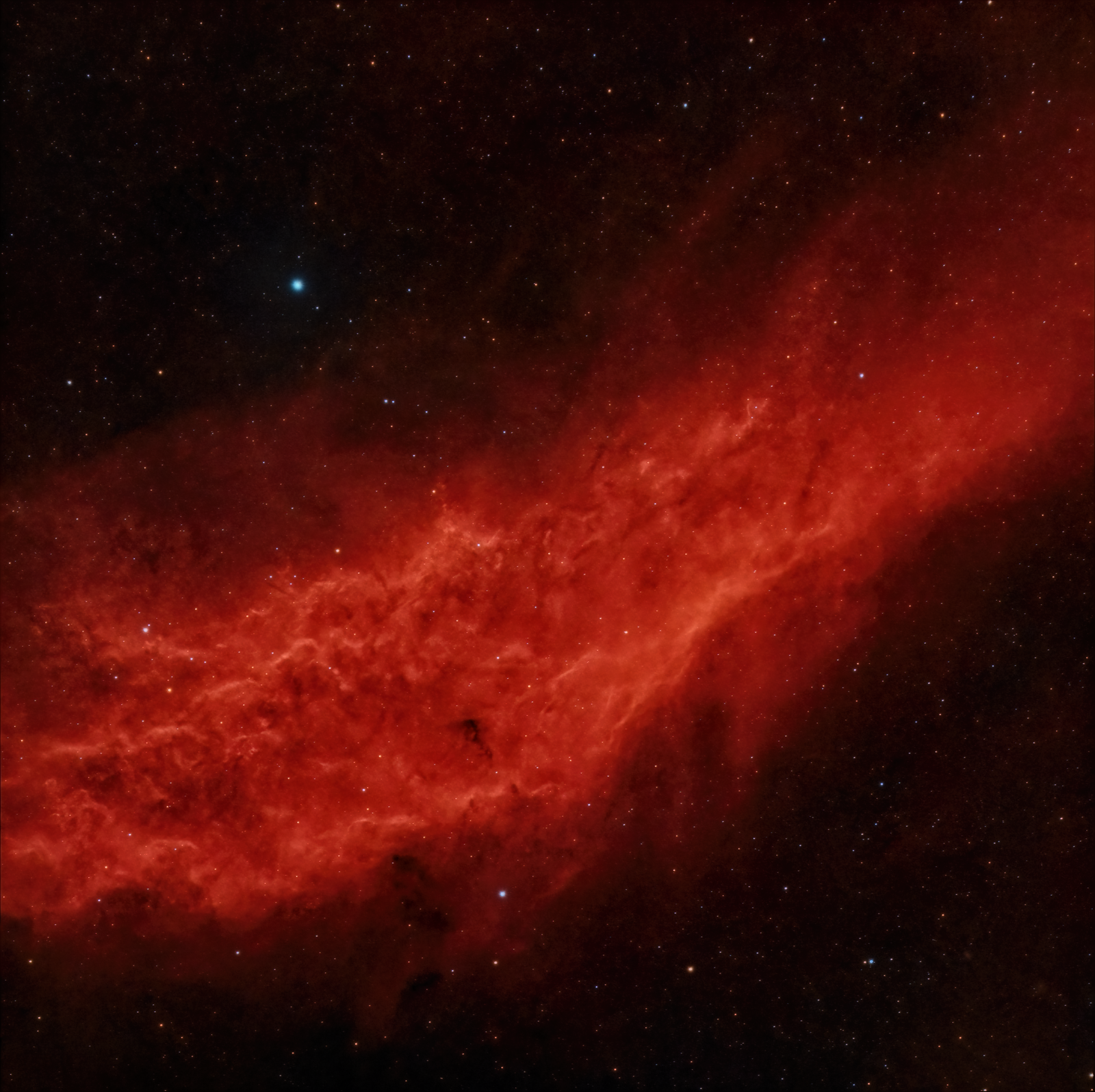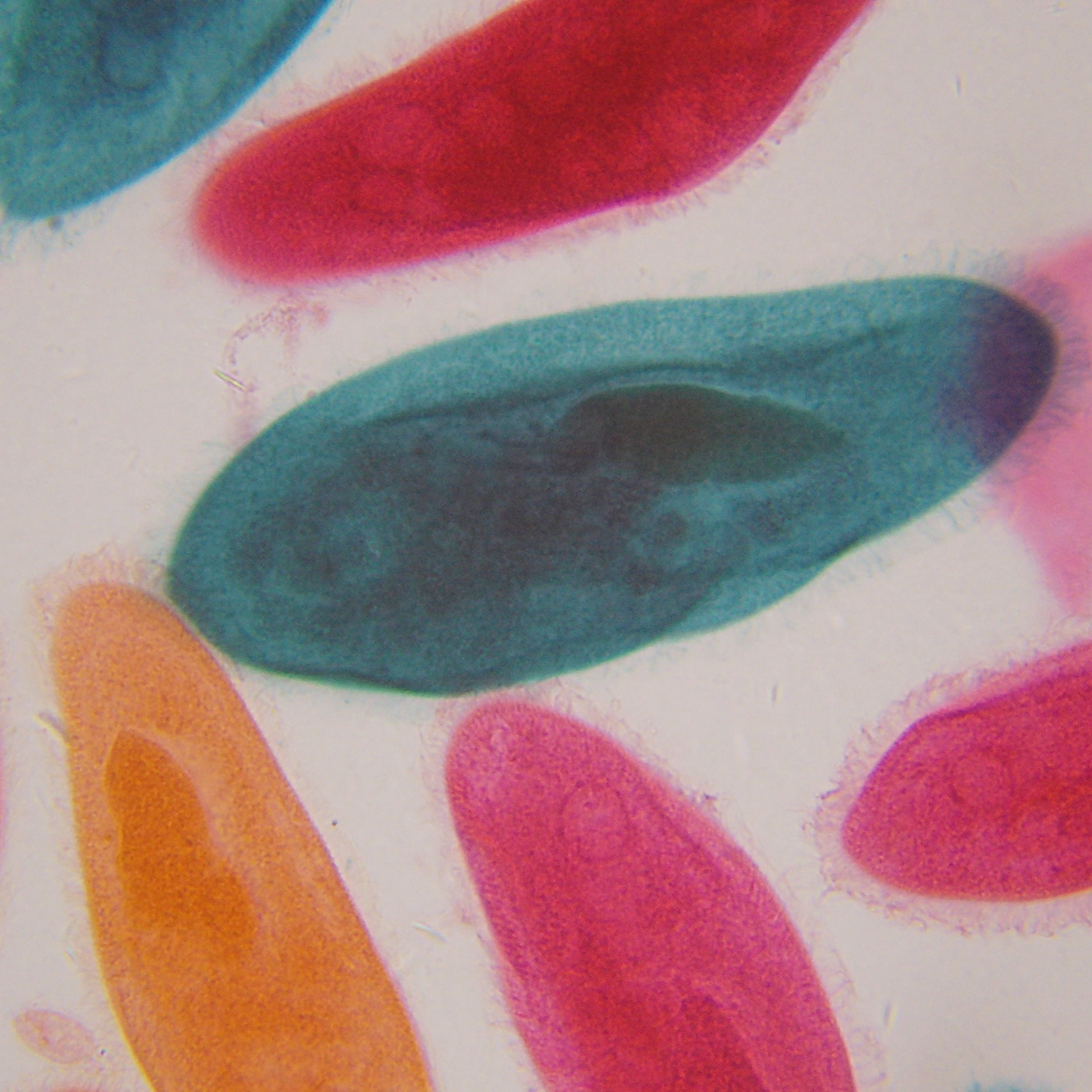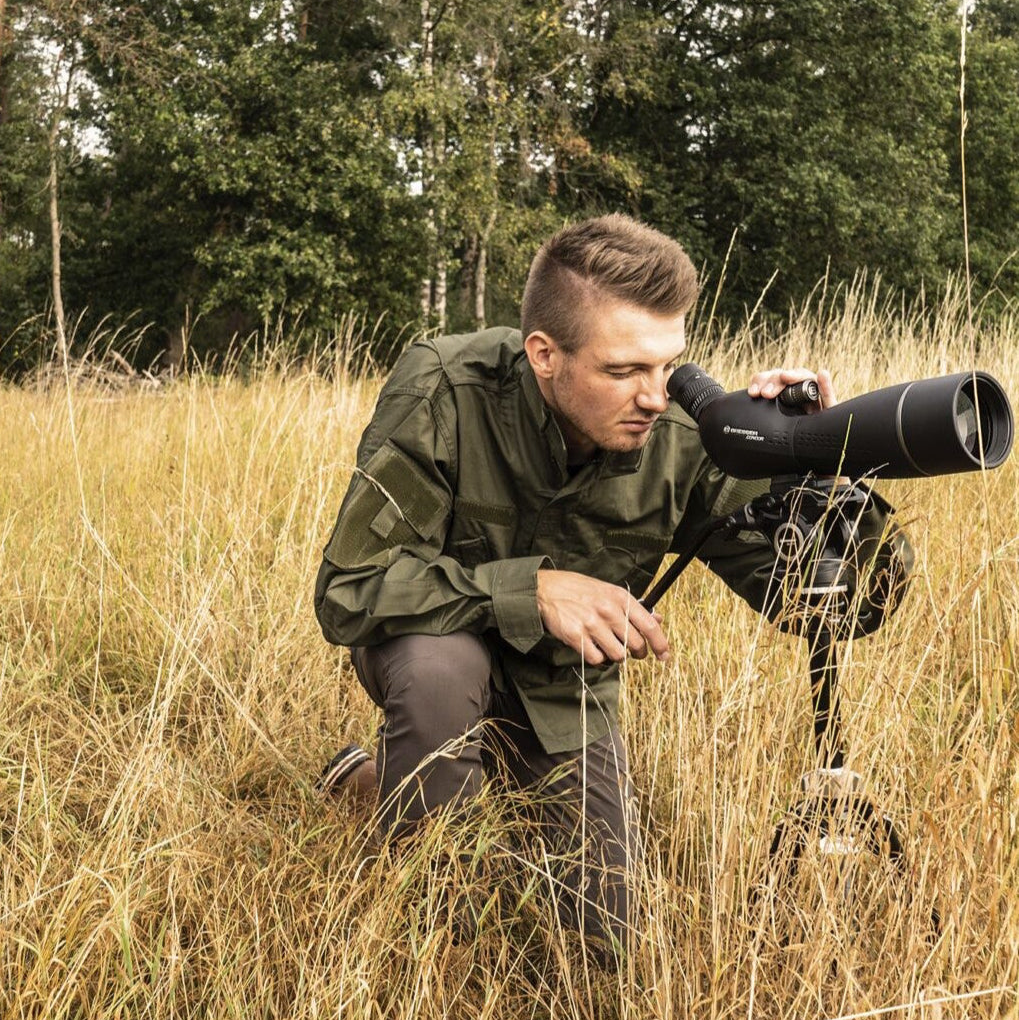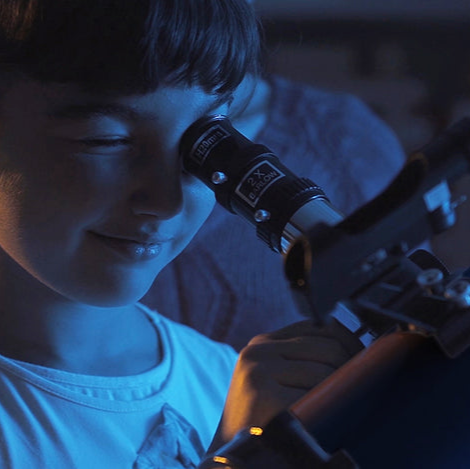Explore Alliance Ambassadors - Alan Hale

Alan Hale, born in 1958, is an accomplished American professional astronomer renowned for co-discovering Comet Hale–Bopp, on the same day as (July 23, 1995) but separately from, amateur astronomer Thomas Bopp.
Specializing in Sun-like stars and the search for extra-solar planetary systems, Hale's expertise extends to the realms of comets and near-Earth asteroids. Throughout his life, he has been an active astronomer, dedicated to advancing the field's understanding. Presently, he serves as the president of the Earthrise Institute, an organization he founded, with a mission to utilize astronomy as a tool for transcending international and intercultural boundaries. The International Astronomical Union (IAU) has honored Hale by naming an asteroid, 4151 Alanhale, in recognition of his extensive comet observations.
Alan Hale was born in Tachikawa, Japan, where his father served in the United States Air Force. Shortly thereafter, the family relocated to Holloman Air Force Base in New Mexico, shaping Hale's early years and igniting his interest in science and astronomy. Raised in Alamogordo, New Mexico, Hale found inspiration in the clear night skies, library books on astronomy, the U.S. space program, and the original Star Trek TV series during the 1960s.
Following his graduation from Alamogordo High School in 1976, Hale served in the United States Navy from 1976 to 1983. He then pursued a bachelor's degree in physics from the U.S. Naval Academy, graduating in 1980. Hale transitioned to a career at the Jet Propulsion Laboratory (JPL), where he contributed to projects like the Deep Space Network and the Voyager 2 fly-by of Uranus.
After leaving JPL, Hale pursued his passion for astronomy, earning a Master's Degree and a PhD in astronomy from New Mexico State University. His doctoral dissertation, published in The Astronomical Journal in January 1994, marked a significant scholarly contribution. Following his academic pursuits, Hale worked as a staff astronomer and outreach education coordinator at the New Mexico Museum of Space History in Alamogordo.
In 1993, Hale founded the Southwest Institute for Space Research (SWISR), later evolving into the Earthrise Institute, where he currently serves as president. Hale's vision for the Earthrise Institute emphasizes the importance of exposing students to the beauty of a dark sky, aiming to bridge international and intercultural gaps using science as a universal language.
Hale's dedication to science diplomacy and fostering international collaboration led him to organize a trip to Iran in 1999, coinciding with a solar eclipse, to promote the universal language of science and to increase scientific literacy worldwide.
In the past few years Hale has been working with the Global Sky Partners (an Educators’ forum) of the Las Cumbres Observatory network, a global network of remote observatory telescopes at some of the best astronomy sites in the world.
Alan Hale's enduring commitment to astronomy, his passion for education and outreach, and his notable discovery of Comet Hale–Bopp collectively underscore his significant contributions to the field of astronomy and the wider scientific community.
Links:

